How to Extend the Lifespan of Your AC Unit
Maintenance
Yearly maintenance of your AC unit can help you extend the life-span of your air conditioner and keep your system running efficiently throughout the year. Regular check-ups can also help you save money on your energy bills by keeping the unit running in its best condition.
In this article, we'll discuss techniques you can use to maintain your AC unit and keep it in running condition.
Change the air filter
Regularly changing the air filter on your air conditioner is essential for maintaining the lifespan and efficiency of your unit. A dirty filter slows down air flow and prevents your unit from cooling as efficiently as possible, which can lead to harder work by the AC and more expensive energy bills. In addition, a clogged filter can damage the evaporator coil by blocking its airflow. If too much dust is allowed to accumulate on that coil, it will not dissipate heat as efficiently, leading to higher temperatures in your home.
It’s recommended that you change or clean the air filter in your AC unit every 1-3 months, depending on how often you use it. To replace it yourself:
- Shut off power to your HVAC system at the breaker box and then turn off power at the thermostat
- Remove and discard any dirty filters
- Check for any loose debris in the slot that holds the filter
- Install a new, clean filter into its slot
- Turn power back on at both breaker boxes and switch thermostat back on if previously shut off
If you notice that an old filter wasn’t very dirty but still needs changing, this could indicate a problem with airflow in other areas of your AC.
We recommend consulting Roman’s Service Cooling & Heating for expert recommendations and solutions!
Clean the condenser coils
The condenser coils are one of the most important parts of your AC unit, as they transfer heat to the surrounding air. If these coils become clogged with dirt and debris, they’re not able to perform as efficiently, leading to some of the more common problems such as reduced cooling capacity and higher energy bills. To ensure that your AC works at its best, regularly inspect the outside unit and make sure the condenser is clean.
If you’re not sure how to clean your condenser coils properly, call a professional HVAC technician who specializes in air conditioning maintenance. They can give you an accurate assessment of how well your system is performing and provide tips on how often to check for debris around the condenser unit. Depending on where you live, environmental factors—such as salt from coastal areas or pollen from trees—can contribute to a build-up of dirt or grime. Regular cleaning reduces the possibility of damage due to corrosion or buildup over time, thus extending the lifespan of your AC unit dramatically.
Cleaning should be done primarily with water; use pressurized water with a hose nozzle attachment or a strong stream from a garden hose. Be careful that you don’t damage any wiring or components in condenser unit while cleaning however; if needed use compressed air at low pressure instead (under 50PSI). Once finished with cleaning allow 30 minutes for drying before switching power back on!
Clean the evaporator coils
Clean the evaporator coils – One of the most important parts of maintaining your air conditioner is to clean the evaporator coils. These are the internal coils that absorb heat from your home and allow your HVAC system to function properly. Over time, these coils can get coated with dust and debris, which can reduce their efficiency or cause them to fail completely.
To help extend the life of your AC unit, it’s important to regularly clean the evaporator coils using an appropriate coil cleaner. This will help ensure that they remain free from dirt, dust and other contaminants, allowing them to perform optimally over time.
Additionally, make sure you inspect the evaporator coils once a year and call a professional if necessary for any repairs or additional maintenance procedures.
Repair
Repairing your air conditioning unit is the best way to increase its lifespan and make sure it runs efficiently. Whether it's scheduling regular maintenance or addressing any issues that arise quickly, repair is key.
Here we'll give you a few tips on how to go about extending the lifespan of your AC unit through repair.
Check for leaks
One way to help extend the life of your AC unit is to check for leaks. Signs of leakage in an air conditioner’s system could include a decline in efficiency, higher than average energy costs or a buildup of corrosion or mold around the unit. Leaks can occur in several areas throughout the AC system, including: refrigerant lines, insulation, condensate drains and evaporator coils.
To detect signs of leaking refrigerant lines, homeowners should look at their energy bills and make sure they have not experienced an increase since the last bill cycle. If have noticed an increase in your energy bills and suspect that a leak may be present, a professional technician can assess the issue. Additionally, leaks can cause corrosion or mold around your unit as moisture enters your system. Regularly checking all insulating material surrounding the AC will help ensure that duct openings are secure and free from any visible air streams coming out of them.
It is also important to routinely inspect condensate traps as well as evaporator coils for signs of water damage or buildup that may indicate a leak has occurred around them. Regular maintenance helps prevent small issues from becoming costly repairs down the road. A qualified HVAC technician can perform routine preventive maintenance on any air conditioning system to help identify any potential problems before they become large-scale ones.
Check for clogged drains
Making sure your air conditioner’s drains are cleaned is a key part of AC maintenance. Clogged drains can lead to water buildup in the unit and stagnant water can significantly reduce the life expectancy of your unit. To make sure the drains are clean and unclogged, you should check them manually to ensure there is no debris blocking them.
Another important step in AC maintenance is changing your air filter every 1-2 months, depending on the usage of your system. A clogged air filter will cause increased pressure on your unit, leading to higher energy consumption, damage to components, reduced life expectancy and inefficient cooling. If you're feeling overwhelmed by how often you need to change your air filter, there are other options as well such as an electrostatic filter or a reusable filter that only needs changing every 6-12 months depending on its usage.
Taking these few steps throughout the year can make all the difference in extending the lifespan of your AC unit and making it more efficient in summertime heat!
Inspect the ducts
HVAC technicians agree that the number one thing homeowners can do to extend the lifespan of their air conditioner is to make sure the ducts are properly sealed. Leaky ductwork can force your unit to work harder than necessary and consume extra energy to heat or cool your home. Additionally, temperature differences in various parts of the home can make it more difficult for your AC system to maintain targeted indoor temperatures.
To make sure your ducts are adequately sealed and insulated, have a qualified HVAC technician inspect them each year as part of routine AC maintenance. It’s also important to look out for visible signs of air leakage during monthly inspections where you’ll be inspecting wires, hoses, or components like insulation panels that may need repair or replacement.
If any problems with air leaks in the ductwork are identified by your technician they should be repaired immediately or replaced as needed. In addition, potential areas of damaged insulation should be addressed by patching damaged panels if possible before completely replacing them when necessary. Doing this now will save you money over time on energy costs and prevent other related problems from arising with your unit down the line.
Upgrade
Upgrading your AC unit is one of the best ways to extend the lifespan of your AC unit. Doing so allows you to take advantage of newly developed and more energy-efficient technologies. It also allows you to save money on your energy bills as newer models are typically more energy efficient than older models.
In this blog, we're going to discuss the various ways you can upgrade your AC unit to help extend its lifespan.
Install a programmable thermostat
A programmable thermostat is a great way to help you extend the life of your air conditioner and reduce energy costs at the same time. It works by automatically adjusting your AC unit’s temperature based on the outside temperature and your home’s current temperature. This means that it will only be running when it needs to, which can lead to huge savings on electricity bills as well as lowering wear and tear of the system itself.
Installing a programmable thermostat is fairly straightforward and easy for the novice DIYer. It usually comes with instructions so that you can easily set up exactly how and when you want it to run. You'll also get an idea of how much cost savings you can expect over time, as these devices are designed to reduce energy consumption significantly.
Some of the ways that you can customize a programmable thermostat include setting an exact temperature schedule, setting a specific start/stop time, bypassing certain days or times, integrating with voice assistant systems such as Google Home or Alexa, remotely controlling through smartphones or tablets, creating multiple settings for different times throughout each day and more. With these customizable features, you can ensure that your AC unit is running efficiently when it needs to be while minimizing energy wastage at other times. You'll not only save money but also enjoy a comfortable home environment all through the year!
Install a zone control system
Installing a zone control system on your air conditioning unit can change the way you use air conditioning in your home. This system allows you to set different temperatures for different areas of your home, based on usage zones. Allowing different temperatures in different areas can decrease the wear and tear of the AC system, extending its life and helping you save money on energy bills. The extra insulation involved can also enhance the cooling power of the unit, making it even more efficient.
Zone control systems are ideal for large space, such as offices or large homes that have separate zones or rooms with specific needs. Different areas, such as bedrooms and living spaces, will vary with temperature needs throughout the day and cooling them separately can provide adequate coverage all over at minimal cost.
The functionality of a zone control system is determined by how many zones it can handle concurrently. It is a good practice to invest more initially in a quality model that supports more than two zones; this will help ensure that all areas in your space are appropriately cooled regardless of any situation or changes in habits or needs. Having multiple zones also ensures redundancy if one part fails; it won't affect other areas of your home. In addition, having thermostats located far apart from each other helps keep subtle temperature changes correctly detected and accounted for when they become necessary so climate control is predictable and efficient 24/7. Areas that don't need to be cooled at all times (like guest bedrooms) can get special attention when guests are staying over without sacrificing power elsewhere in the house; an isolation mode also lets you shut down all throughput at once for added savings if needed!
Install a dehumidifier
Installing a dehumidifier is a simple but effective way to help your AC unit last longer. Reducing humidity levels in your home with the help of a dehumidifier can reduce the amount of strain on your AC and improve its efficiency, prolonging its lifespan.
It also helps reduce mold and mildew from forming in rooms with high levels of moisture. Staying ahead of moisture buildup in your home will keep it more comfortable and ensure that you get the most out of your AC unit for as long as possible.
Professional Service
Regular maintenance and servicing of your Air Conditioning (AC) unit is essential to keep it running for longer. Professional HVAC technicians employ the best practices for AC maintenance and can help to extend the lifespan of your unit.
This blog by Roman's Service Cooling & Heating in North Port, Florida delves into what it takes to keep your AC unit running smoothly throughout the year. Read on to learn more.
Schedule an annual tune-up
A yearly AC tune-up is essential to keep your air conditioners running efficiently and prevent expensive repairs. During a tune-up, our technicians will visit your home to inspect and adjust the components of the system. It is the best way to maintain your AC unit so that it can properly cool the air in your living space.
By scheduling a preventive maintenance visit annually with Roman's Service Cooling & Heating, you can trust that we will thoroughly inspect your cooling system for any potential problems or compatibility issues. We make sure all parts of your Air Conditioner are working correctly and replace any worn out components if needed. Regular tune-up visits will extend the lifespan of your air conditioner and keep energy bills lower due to higher efficiency rates.
We also suggest changing the filter on a monthly basis or as per instructions specified by the manufacturer. A clean filter helps reduce strain on other components in the AC unit and deliver filtered air into your living space more efficiently than a clogged or dirty filter would allow.
By taking preventative measures such as annual tune ups and monthly filter changes, you can trust that we’ll do our best to extend the life of your AC unit so that you can enjoy optimal comfort levels all year long!
Consider a maintenance agreement
Maintenance agreements are a great way to keep your air conditioning system running efficiently and extend its lifespan. By having a qualified air conditioning contractor inspect, clean, and tune-up your home system twice a year (once in the spring and one in the fall), you can potentially avoid costly repairs down the line.
Preventative maintenance agreements often include two routine checkups, special discounts for parts and labor, cost-of-living adjustments for unlimited service visits or warranty term adjustments or extensions. Doing so can provide peace of mind as it takes away the hassle of having to remember to schedule maintenance appointments or keeping track of warranties. Furthermore, many maintenance agreement providers offer 24/7 emergency repair services should you ever need them.
Homeowners should not underestimate the value of signing up for an AC maintenance agreement as they can ultimately save money - both on expensive repairs and energy costs by ensuring that their air conditioner runs efficiently all summer long! Professional contractors have the skillset necessary to properly inspect, diagnose, and fix any issue users might encounter with their units in a timely manner - increasing equipment durability over time while reducing operational costs associated with cooling their homes during hot summer days.
Call a professional for repairs
When you notice a performance issue with your air conditioning unit, it is best to take action right away. Contacting a professional can help you extend the lifespan of your AC unit. Professional repair services are essential for cost-effective and efficient AC operation. Regular maintenance and tune-ups with a reputable service may also help prevent damage and costly repairs in the future.
Professional services provide more than just repairs to keep an AC unit running efficiently — they also specialize in diagnostics and maintenance. During a service visit, technicians will examine all components of the system, including controls, safety switches, temperature sensors, fans, motors, condensers and evaporator coils. A specialist on hand will have the ability to inspect these components properly to ensure that each part functions as it should be.
Engaging with a professional can speed up any repair process because technicians often have access to specialized tools that cannot be purchased at any store or rented for home use. In addition to diagnosis and repairs by professionals you may have access to same day installation services on many popular models offered by the technicians' employers.
It is worthwhile to research qualified repair individual before entrusting them with your system; read reviews and inquire about their experience level which will determine how quickly they can solve identified issue. Ultimately they should not only be able to fix current issues but recommend measures you can undertake as preventive upkeep going forward as we as point out potential problem spots that might need more attention down the road before they become more costly issues if left untreated.
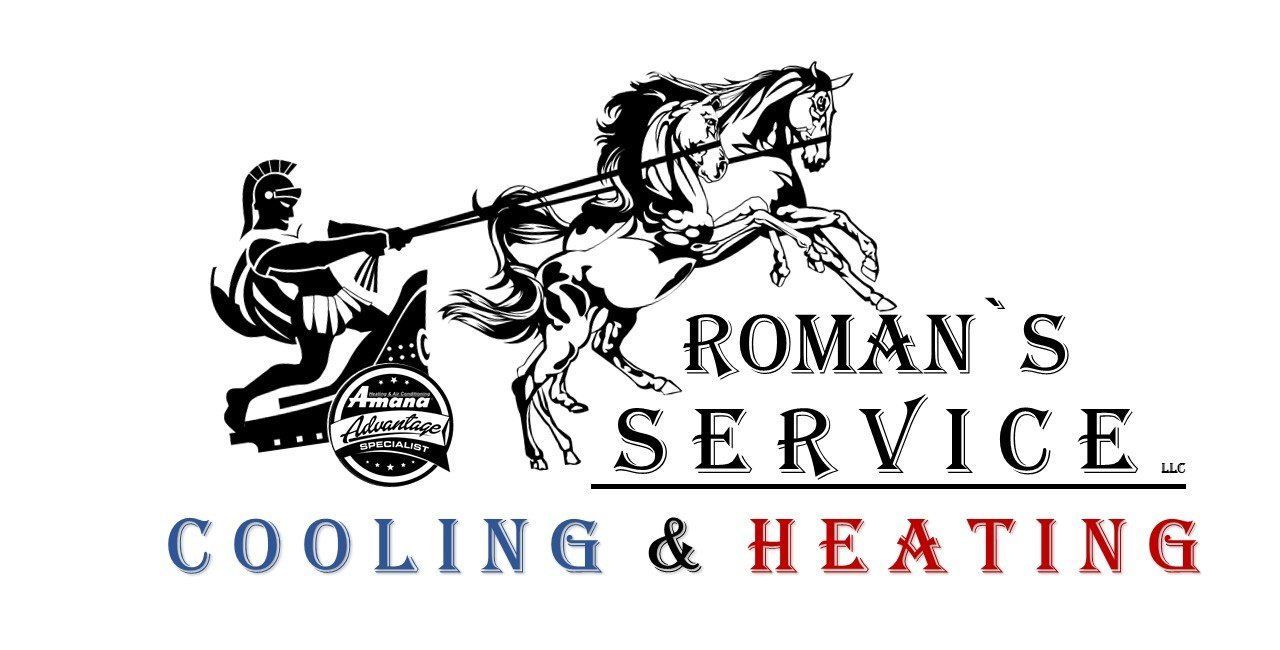
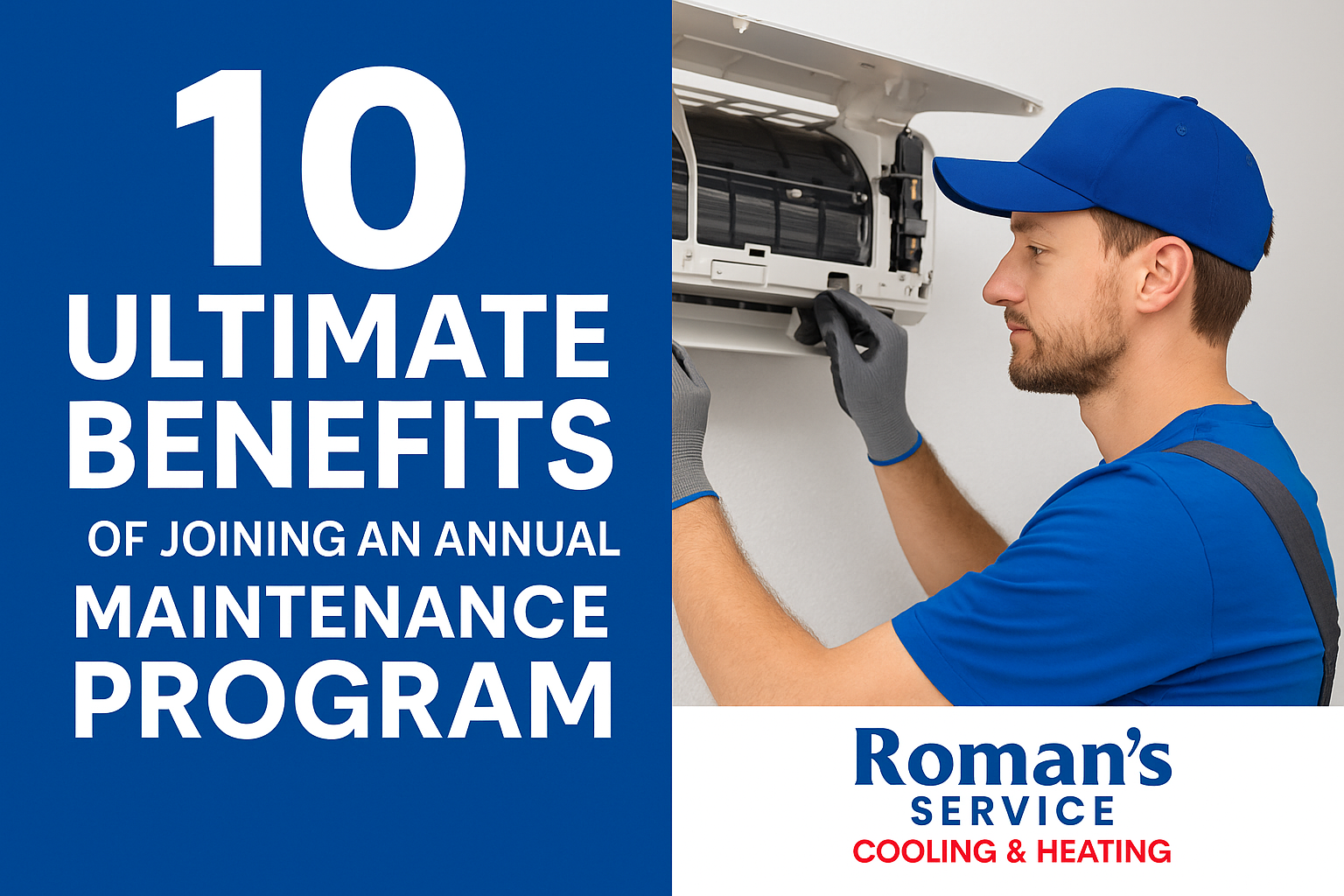
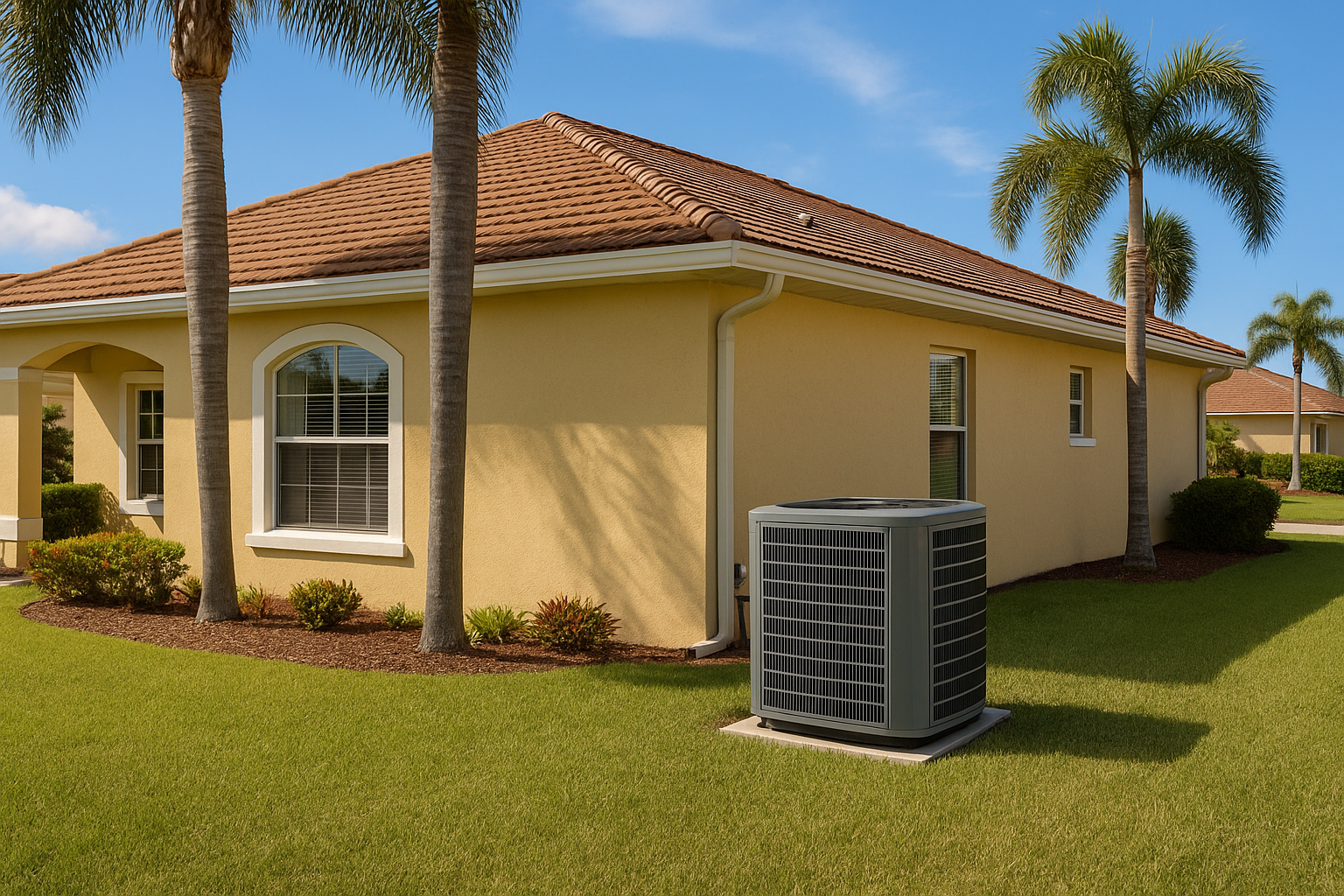
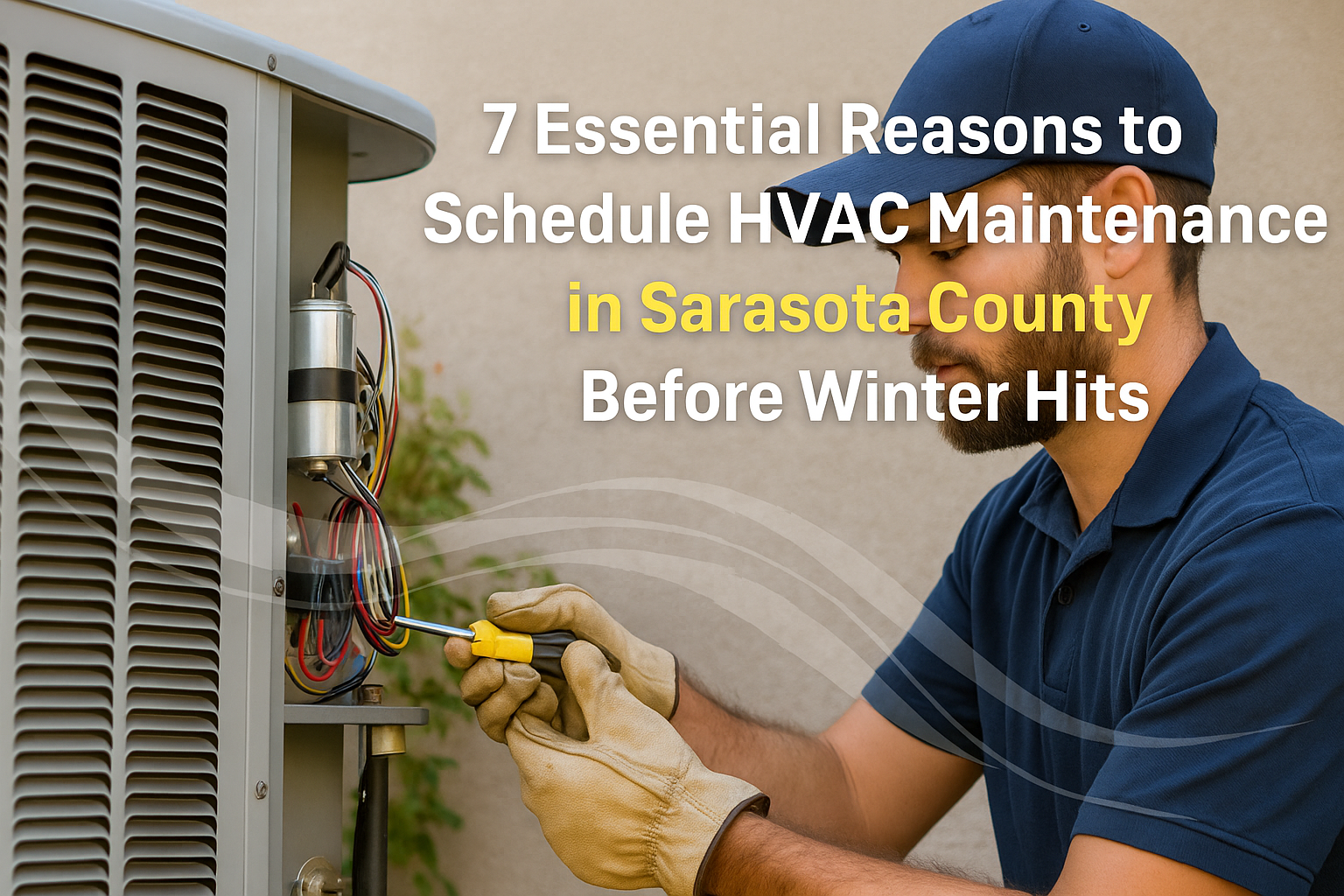

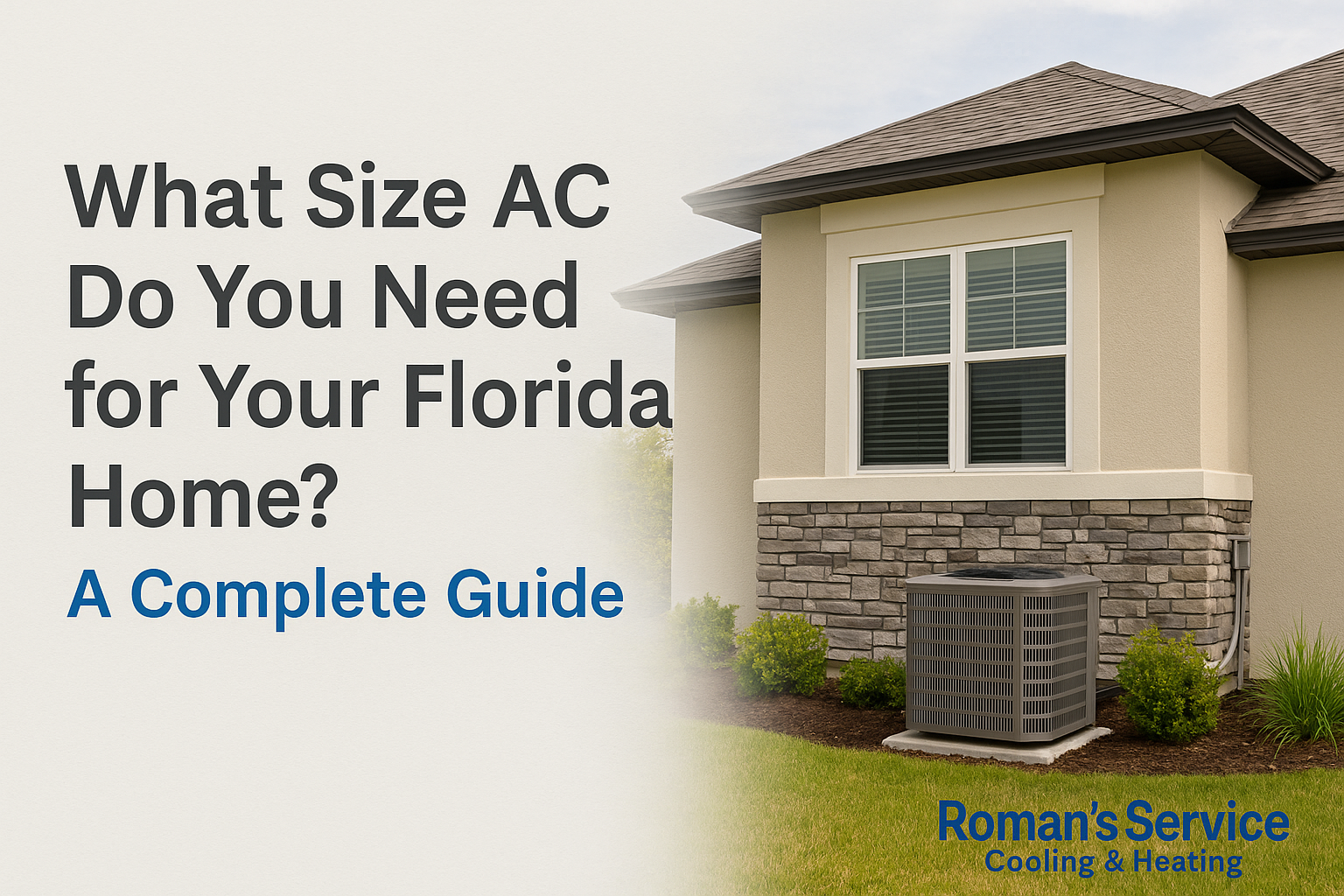
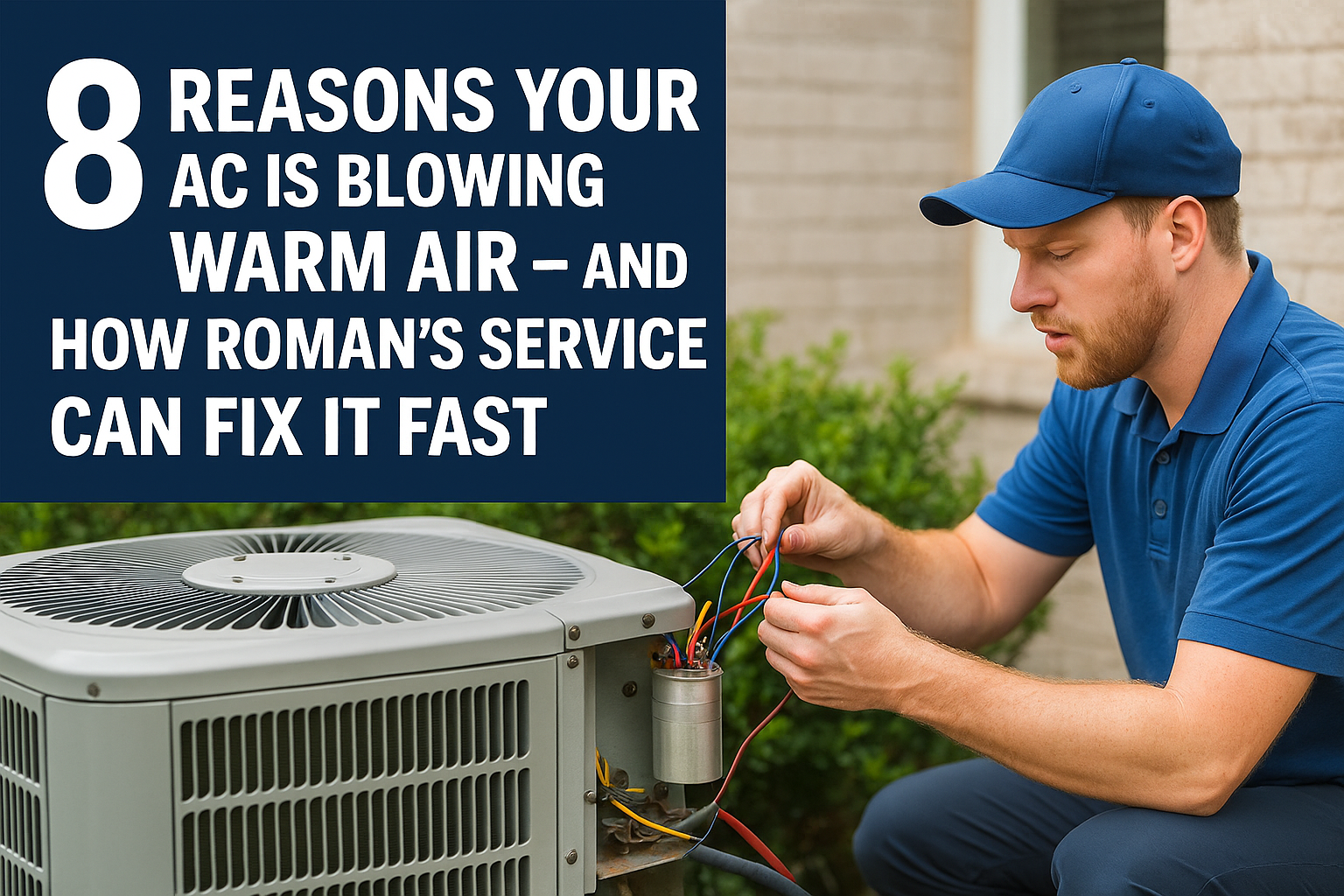

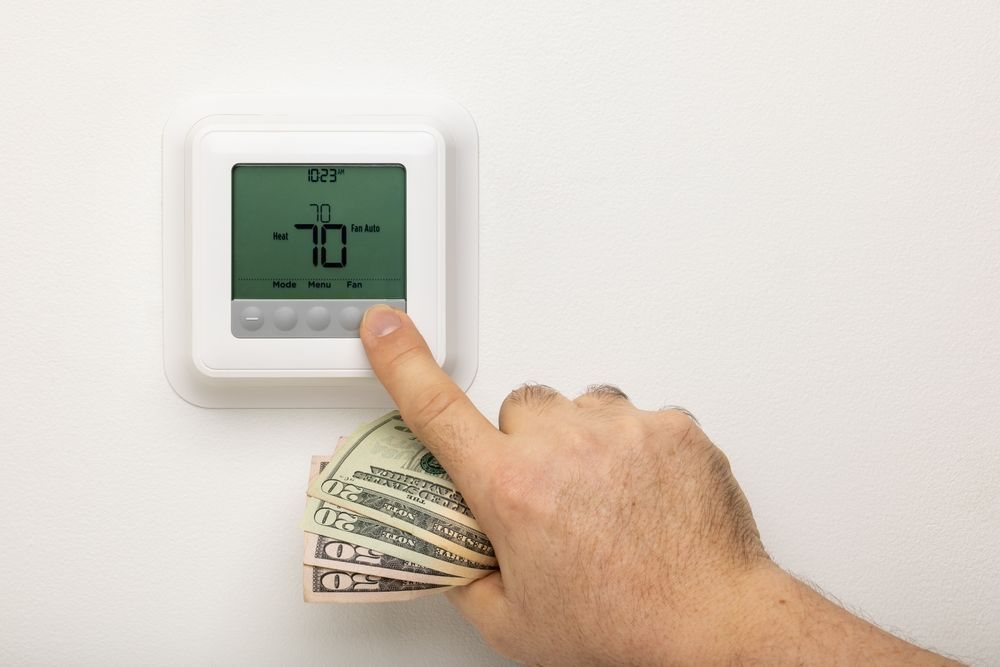
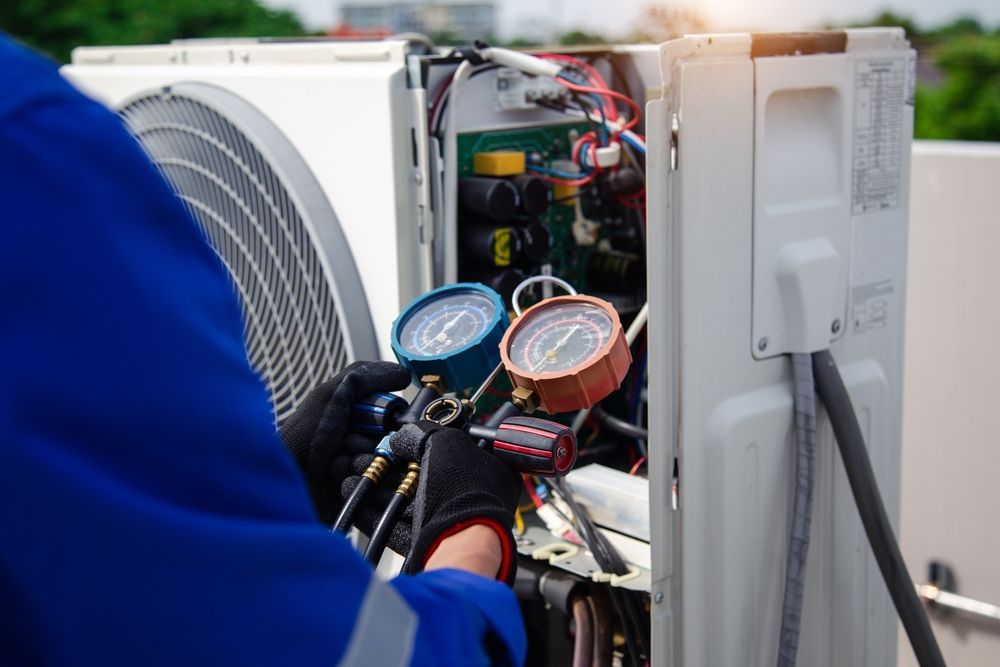
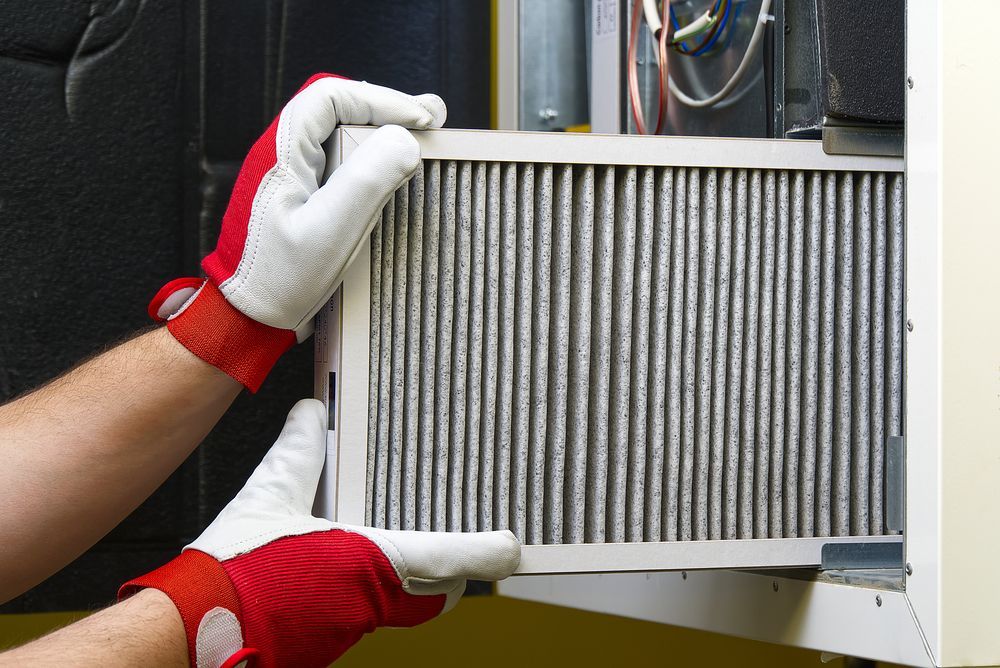
Share On: